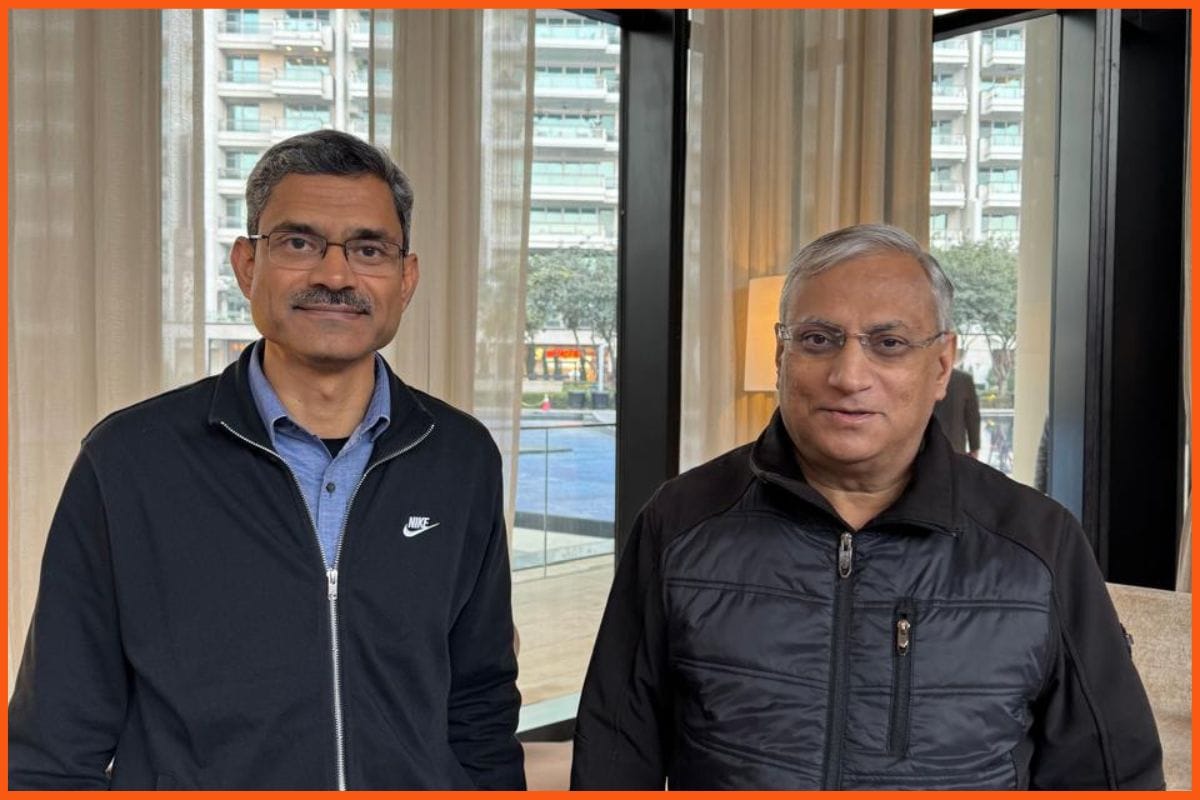US Fed Worries About Integrating Global and Domestic Payment Networks for Quick Payments

A US Federal Reserve official has voiced concerns that banks involved in interconnecting domestic quick payment systems with international systems for making global transactions may face higher legal and compliance costs. "There is no magic wand that enhances speed as well as effectiveness without trade-offs," stated Christopher J. Waller, a member of the Federal Reserve System's board of governors, during his conversation at Global Fintech Fest. The risk-management load for banks participating in interconnected fast payment systems can rise unless new solutions are discovered.
Despite the widespread belief that interconnecting fast payment systems can improve and lower the cost of global cross-border payments, Waller warned that banks who take part in the initiative may find their risk management responsibilities expanded.
Modern businesses and consumers have the same desires for faster and cheaper global payments as we have for shorter flight times and lower airfares: the ability to transmit money anywhere in the globe, but with more convenience and speed. "But I'm not sure that interlinking arrangements will really accomplish those aims; after all, not all obstacles that delay payments are negative," Waller stated. According to him, the global payment system intentionally incorporates certain frictions in order to control risk and ensure compliance.
Appreciating the move and at the same time calling for a tighter security, Amit Bansal, Founder, BharatLoan sated, "The integration of payment networks globally and domestically offers tremendous potential for faster transactions. However, the complexities of regulatory compliance and security can't be overlooked. At BharatLoan, we focus on building adaptable solutions that can meet these challenges head-on, ensuring that our customers benefit from swift and secure financial services while adhering to the highest global standards."
Echoing a similar sentiment, Vikkas Goyal, Founder, Rupee112 opined, "The US Fed's concerns about integrating global and domestic payment networks underscore the complexity of maintaining security and compliance. At Rupee112, we understand that innovation must be paired with responsibility. Our approach is to develop systems that not only deliver rapid and efficient payment solutions but also prioritize the integrity and security of transactions, ensuring our users' trust in a globalized financial environment."
Waller disagrees with The Reserve Bank of India
Noting the extraordinarily high cost of remittance transactions, the Reserve Bank of India has time and again brought attention to the necessity to lower the cost of worldwide cross-border transactions.
Waller stated that there aren't enough US-based banks to potentially take part in a UPI-US rapid payment system integration when asked how such a connection may take place. Waller stated that Indian authorities may think about tying the UPI to a few private American banks.
"Each link is unique and requires resource-intensive negotiation and alignment between parties," he said, adding that this is true even if technical feasibility and legal difficulties are resolved, as demonstrated by several bilateral agreements. Setting up bilateral links all over the world is just not going to cut it.
Despite appearances, achieving interoperability is not an easy task, as he pointed out. Interlinking, he explained, essentially implies interoperability between or among domestic fast payment systems, so that fast payment networks can simply "connect" with each other and transfer payments globally. As far as parts go, technology is perhaps the simplest. He went on to say that the issues with governance, settlement, compliance, and the law were much more significant.
According to Waller's opinion, reducing the rate at which payments are cleared and paid can assist financial institutions in preventing money laundering and combating the financing of terrorism, as well as detecting fraudulent activity and recovering cross-border payments that have been misdirected or fraudulently deposited.

Must have tools for startups - Recommended by StartupTalky
- Convert Visitors into Leads- SeizeLead
- Website Builder SquareSpace
- Run your business Smoothly Systeme.io
- Stock Images Shutterstock






